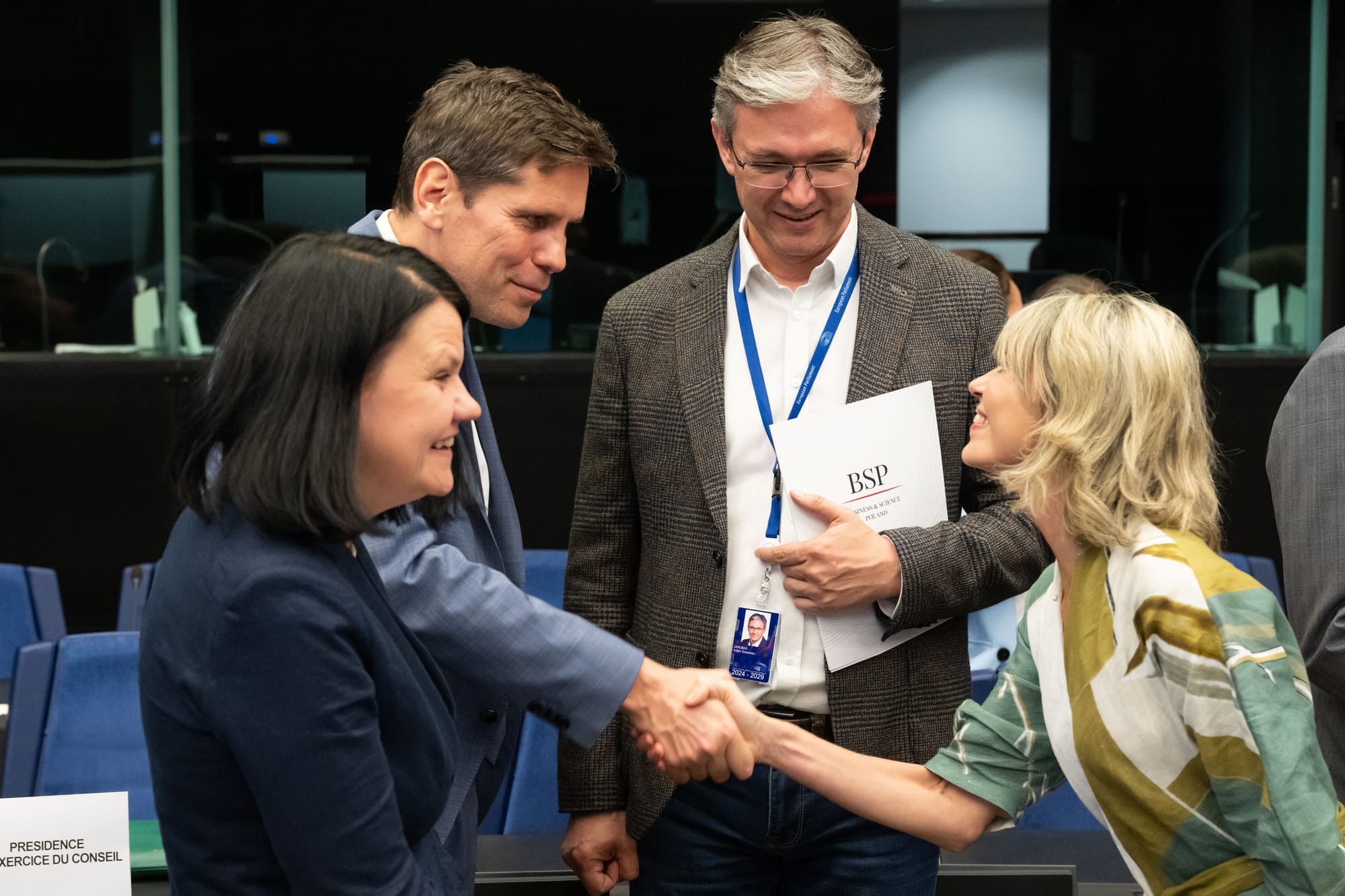Danes aim to resolve outstanding issues at ‘jumbo’ trilogue in December
The Pharma Package proposed in 2023 may finally be reaching its conclusion

The Pharma Package, also known as the General Pharmaceutical Legislation (GPL), completed its third political trilogue between co-legislators this evening.
The regulation and directive comprise at least 400 articles and cover a wide range of issues; nevertheless, the Danes seem confident that they are on the brink of agreement, after what has felt like two years of glacial progress.
“The trilogues today showed that we are progressing very well. We are now close to a preliminary compromise on antimicrobials (AMR),” said a Danish spokesperson. “The trilogue included political discussions on very key political issues such as the Bolar (exemption), regulatory protection periods and access provision.”
The Presidency believes that with further technical work, a final combined package can be hammered out at a ‘jumbo’ trilogue on 10 December.
Despite little apparent progress over the last two trilogues, several technical meetings have been held to agree on compromise texts. Eight chapters have been validated; however the regulation and directive comprise 33 chapters in total, so there is still much work needed.
Some of the thorniest issues are edging towards agreement.
Antimicrobials
On the Transparency and Exclusivity Voucher (TEV) (Articles 40-42 of the regulation), which rewards the development of antibiotics by granting an extra year of market exclusivity that can be transferred to another medicine, the Council wants to maintain its requirement that the voucher can only take place in the 5th year of the regulatory data protection period and that the annual gross sales of the medicine to receive the extension has not exceeded €490 million during the preceding four years. Setting the figure too high it becomes too costly to healthcare systems, too low and it won’t interest companies, meaning that TEV is dead on arrival.
The Council has differed on the number of vouchers allowed, with the Council setting a ceiling of 5 and the Parliament setting 10. The compromise text that will be developed over the next weeks will take account of the Parliament’s idea for a voluntary subscription model. Though the lack of a strong commitment and the unpredictability of a voluntary contribution is unlikely to attract companies.
In addition to the development of new antimicrobials, negotiators are close to an agreement on an “awareness card” to accompany the prescription of antibiotics, with the aim of improving the stewardship of existing medicines.
Bolar Exemption
The Bolar exemption (Article 85 of the Directive), which allows generic and biosimilar companies to perform certain activities in preparation for a medicinal product launch without infringing on patents, is one of the areas, along with regulatory protection periods and access provisions, where further technical work is needed over the coming weeks to find the “potential political landing zones”.
While the three institutions have all agreed to extend the intellectual property exemption in some shape or form, the main debates have concerned the activities covered. The Parliament wants to include market authorisation, health technology assessment and pricing and reimbursement, while the Council wants to include submission for tenders.
Security of supply and the Critical Medicines Act
On security of supply the Presidency presented the Council's position and stressed that a possible compromise should ensure, that the scope of the shortage prevention plan is manageable for industry and the authorities, that the Commission’s role is proportionate and that member states' national competences are upheld.
The Parliament drew attention to the recent report from the European Court of Auditors which called for the EU to strengthen its response to shortages. In particular, the Parliament wants better sharing of information. The Commission said that the Critical Medicines Act (CMA) would be able to address some of these issues and that the CMA didn’t exist when the pharma package proposal was drafted. Co-legislators tasked the technical level with exploring compromises for a reliable, transparent and implementable framework.

Orphan medicines
Finally, on orphan medicines for rare diseases (5 in 10,000 people), co-legislators explored future flexibilities and trade-offs and it was agreed that the Parliament’s approach would be the basis of a potential compromise. In this context the Presidency stressed the need for clarity and that these issues are connected to regulatory protection.

